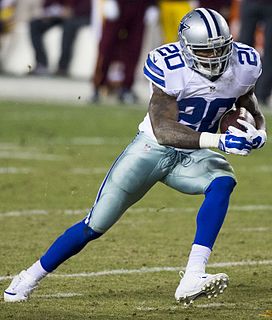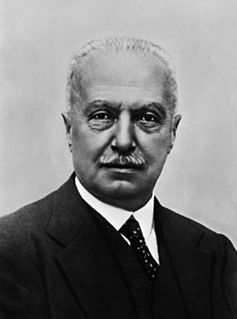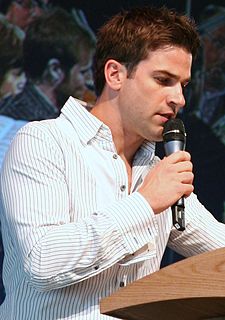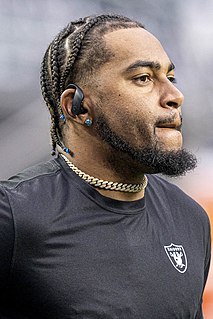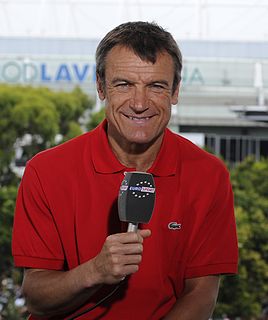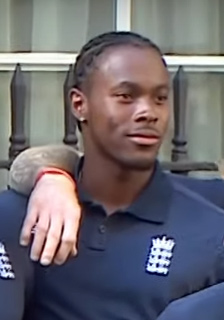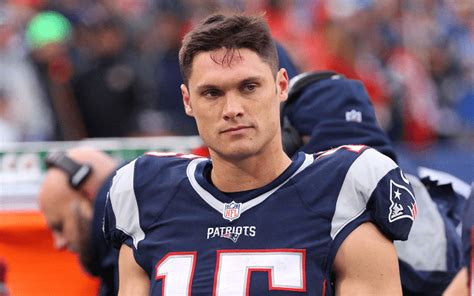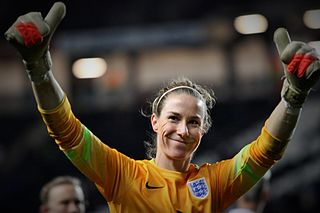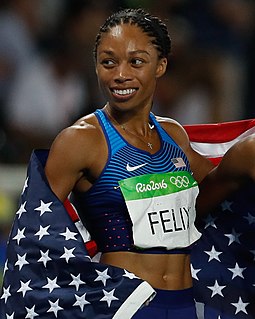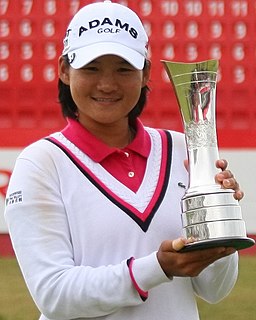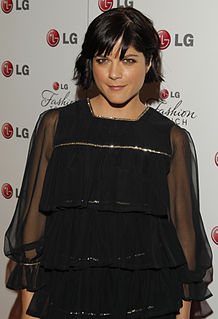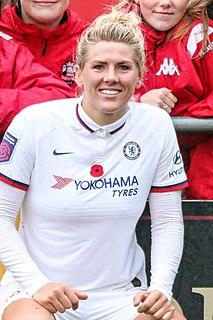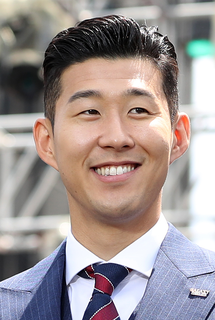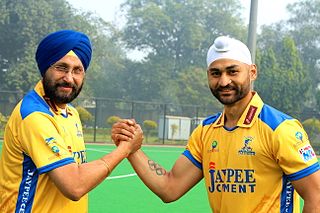A Quote by Darren McFadden
Training with the equipment and protocols at Athletic Republic really helped me improve my speed and first-step explosiveness.
Related Quotes
College lacrosse can be pretty brutal at times, so that definitely helped me with the toughness. It's a fast-paced game, so that helped me kind of translate over to the game speed of playing in the NFL. I think just the one-on-one aspect of trying to beat the guy in front of you definitely helped me as being a receiver.
I never let track define me. That's something that's really important to me. That's what I do and it's what I love, but I think by having other things I'm passionate about and interested in, it helped me to come back. It helped me to have renewed love for the sport by being able to step away and then come back.
